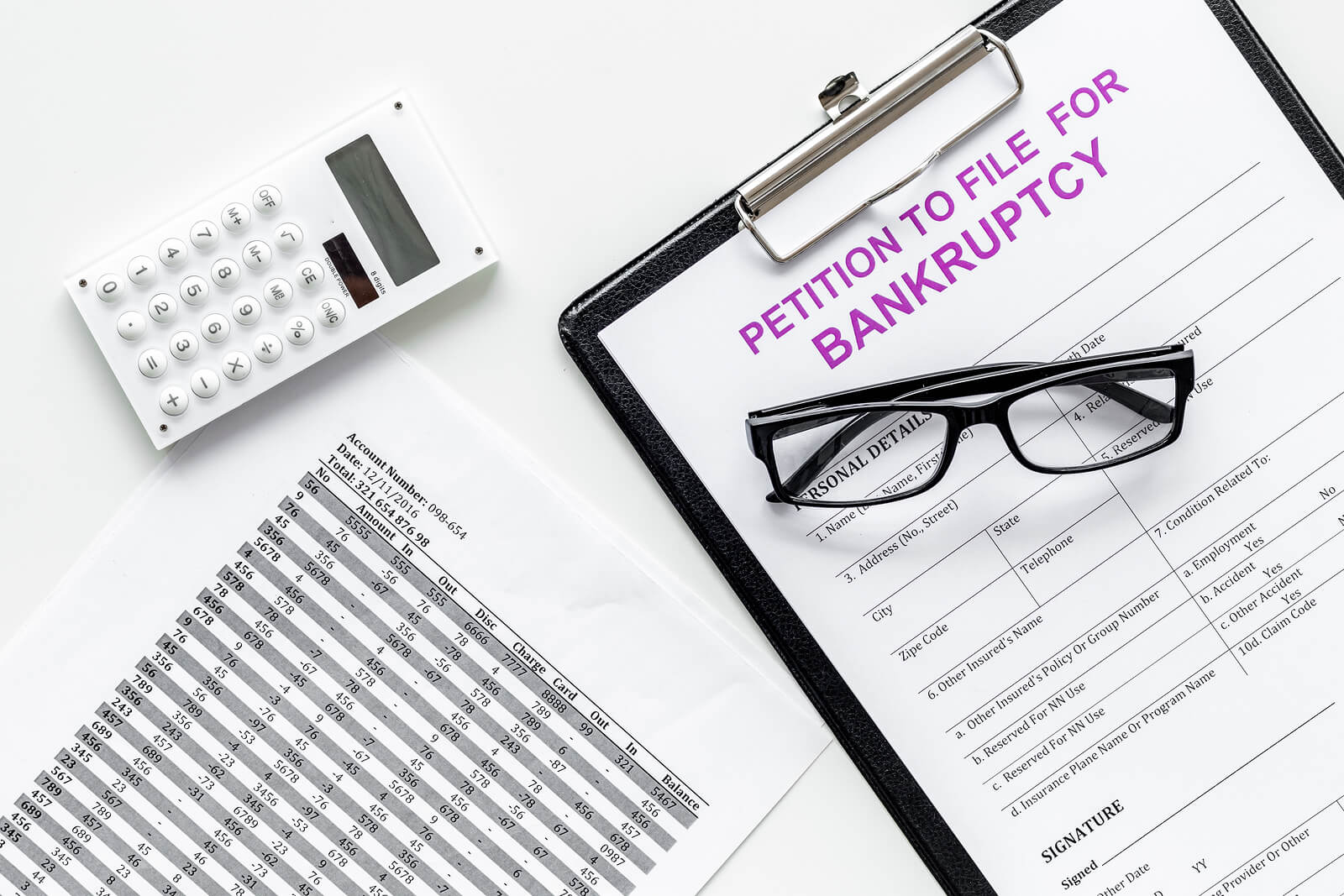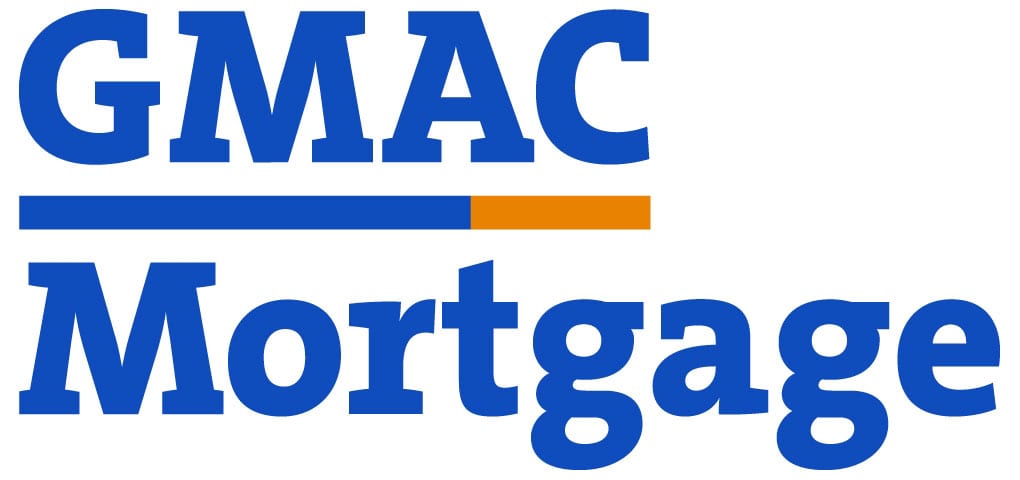Filing for bankruptcy can be a positive experience that helps regain your financial footing. However, there are certain steps that can hurt your bankruptcy case, even if they’re in good intention or accidental. Here is what you should avoid before filing:
Don’t Lie About Your Assets
Always be completely honest about your assets. Your case could be dismissed if you leave anything out. When you file for Chapter 7 bankruptcy, you’re required to complete a means test, during which you disclose all assets and income. If not, a bankruptcy trustee with access to your financial records will spot any hints of deception.
Don’t Transfer Money or Assets
This includes transferring assets to a spouse’s name or parent’s bank account. A bankruptcy court can view this as fraud. Some suspicious transfers include changing the title of a child’s or spouse’s car that’s in your name, changing the name or eliminating your name from jointly held bank accounts, or eliminating your name as a business owner. If you deed real property in your name to someone else, even as a legitimate financial transaction, it can spell trouble.
Don’t Use All Your Available Credit
Running up credit card debt before filing for bankruptcy won’t protect you. If you do, a creditor may challenge your case. Credit purchases you make with 90 days of filing are usually not considered part of your bankruptcy debts. Stop using your credit card once you decide to file for bankruptcy.
Don’t Try to Pay Off Your Creditors
Paying off some creditors and lenders may seem like the right thing, but this is prohibited. Such a transaction is called a preferential transfer. An example is paying back a loan to friends or relatives within one year of filing. Pay your bills as you ordinarily would. Otherwise, a bankruptcy trustee can sue the entity you paid to get the money back.
Don’t Cash Out Your Retirement Account
Cashing out of your 401(k) or IRA retirement account just before filing for bankruptcy is unnecessary. Many accounts and pension plans are exempt. The bankruptcy court can’t touch them. Plus, using the money to pay off certain creditors is forbidden by the bankruptcy code.
Don’t File Any Lawsuits
The bankruptcy court can take any assets that are part of a legal claim. It doesn’t matter whether your entitlement is undetermined, or the case hasn’t been resolved yet. Claims you have against others may be property of the bankruptcy estate, even if you haven’t filed them in court yet. Always consult with a lawyer about pending legal claims before starting the bankruptcy process.
Don’t Forget to File Income Tax Returns
Unless you depend on disability insurance, you must file your taxes. If you haven’t in two or more years, then filing for bankruptcy won’t be easy. Your tax returns contain information on your earnings, assets, and tax claims. They’re required for completing the paperwork. It would otherwise be impossible to set up a Chapter 13 bankruptcy repayment plan.
Don’t Forget to Consult an Attorney
In some cases, especially if you’ve had certain transfers or actions, it may be more beneficial to delay filing. Other times it’s best to file as quickly as possible. Examples include when you have wage garnishments in place, a creditor has a lawsuit against you, or you are facing repossession of your car or foreclosure of your home. If you need advice or assistance, call the Los Angeles bankruptcy attorneys at OakTree Law at 888-791-9510 or request your free evaluation online.








